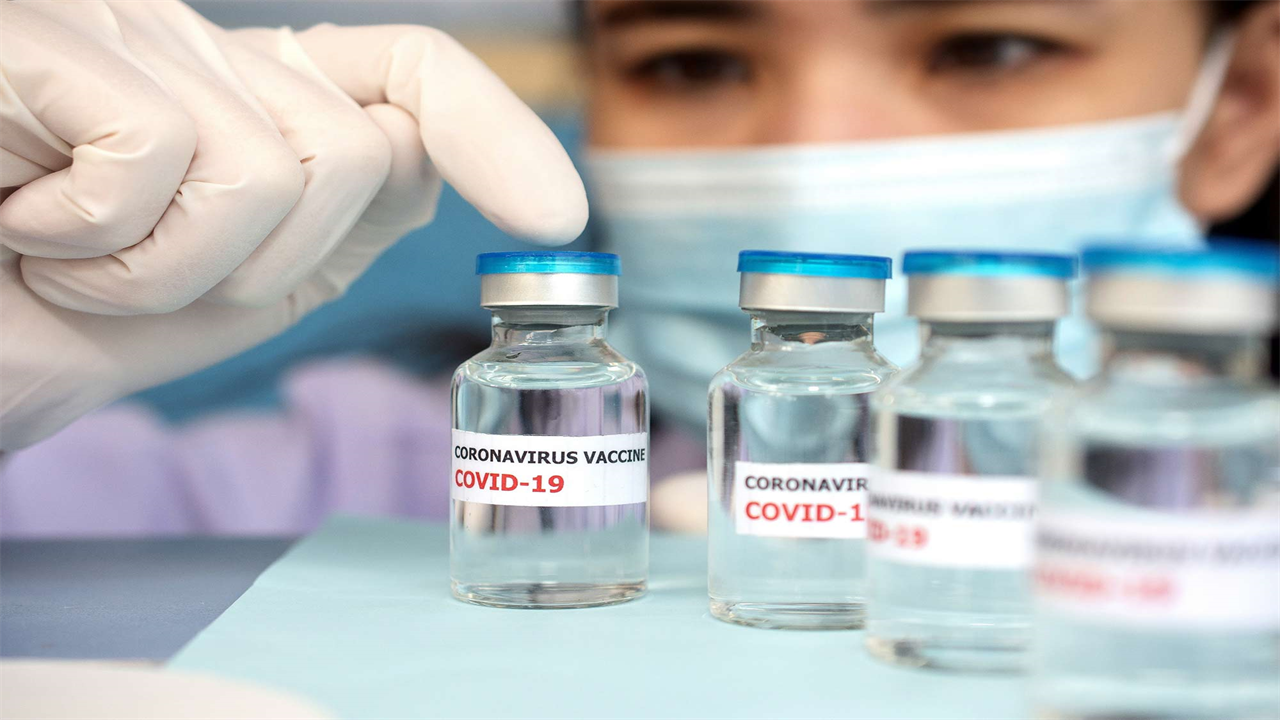Immune Responses From 3 Different COVID-19 Vaccines Compared Over 8 Months
0 View
Share this Video
- Publish Date:
- 17 October, 2021
- Category:
- Covid
- Video License
- Standard License
- Imported From:
- Youtube
Tags

Strong antibody response to mRNA vaccines declined over an eight-month follow-up period; lower initial response to single Ad26 vaccine remained stable over time, study shows.
Based on the strength of clinical trial data showing that the vaccines provide robust protection against COVID-19, the US Food & Drug Administration has granted emergency use approval to the mRNA-based vaccines known as BNT162b2 (BioNTech, Pfizer ) and mRNA-1273 (Moderna) in December 2020 and to the single vaccine Ad26.COV2.S (Johnson & Johnson) in February 2021. To date, nearly 200 million Americans have received a COVID-19 vaccine, with some approaching it. anniversary of their immunization, questions remain about the long-term efficacy of the vaccines.
In a paper published in the New England Journal of Medicine, a team of experts from Beth Israel Deaconess Medical Center (BIDMC) compared immune responses elicited by the three vaccines over an eight-month follow-up period. The researchers evaluated the levels of various antibodies, T cells and other immune products of the 61 participants two to four weeks after full immunization — the time of maximal immunity — up to eight months after vaccination. Thirty-one participants received the BNT162b2 vaccine, 22 received the mRNA-1273 vaccine, and eight received the Ad26.COV2.S vaccine.
“The mRNA vaccines were characterized by high peak antibody responses that fell sharply at month six and declined further at month eight,” said corresponding author Dan H. Barouch, MD, PhD, director of the Center for Virology and Vaccine Research at BIDMC, who helped develop the Ad26 platform in partnership with Johnson & Johnson. “The single Ad26 vaccine caused lower initial antibody responses, but these responses were generally stable over time with minimal to no signs of deterioration.”
The team also found that mRNA-1273 elicited antibody responses that were generally higher and more durable than BNT162b2. All three vaccines showed broad cross-reactivity with variants of SARS-CoV-2, the virus that causes COVID-19. The findings have important implications for understanding how vaccine immunity may decline over time; however, the precise immune responses needed to provide protection against SARS-CoV-2 have not yet been established, the researchers point out.
“While neutralizing antibody levels decline, stable T-cell responses and non-neutralizing antibody functions at 8 months may explain how the vaccines continue to provide robust protection against severe COVID-19,” said lead author Ai-ris Y. Collier, MD, a maternal -fetal medicine specialist at BIDMC. “Vaccination (even during pregnancy) is still the best tool we have to end the COVID-19 pandemic.”
Reference: “Differential Kinetics of Immune Responses Elicited by Covid-19 Vaccines” by Ai-ris Y. Collier, MD; Jingyou Yu, Ph.D.; Katherine McMahan, MS; Jinyan Liu, Ph.D.; Abishek Chandrashekar, MS; Jenny S. Maron, BS; Caroline Atyeo, MS; David R. Martinez, Ph.D.; Jessica L. Ansel, N.P.; Ricardo Aguayo, BS; Marjorie Rowe, B.S.; Catherine Jacob-Dolan, BS; Daniel Sellers, B.S.; Julia Barrett, B.S.; Kunza Ahmad, MS; Tochi Anioke, B.S.; Haley VanWyk, BS; Sarah Gardner, BS; Olivia Powers, B.S.; Esther A. Bondzie, BA; Huahua Wan, MS; Ralph S. Baric, Ph.D.; Galit Alter, Ph.D.; Michele R. Hacker, Sc.D. and Dan H. Barouch, MD, Ph.D., Oct. 15, 2021, New England Journal of Medicine.
DOI: 10.1056/NEJMc2115596
Co-authors were Jingyou Yu, PhD, Katherine McMahan, MS, Jinyan Liu, PhD, Abishek Chandrashekar, MS, Jessica L. Ansel, NP, Marjorie Rowe, BS, Ricardo Aguayo, BS, Catherine Jacob-Dolan, BS, Daniel Sellers , BS, Julia Barrett, BS, Kunza Ahmad, MS, Tochi Anioke, BS, Haley VanWyk, BS, Sarah Gardner, BS, Olivia Powers, BS, Esther A. Bondzie, BA, Huahua Wan, MS and Michele R. Hacker , ScD from BIDMC; Jenny S. Maron, BS, Caroline Atyeo, MS, and Galit Alter, PhD, of the Ragon Institute of MGH, MIT and Harvard; and David R. Martinez, PhD, and Ralph S. Baric, PhD of the University of North Carolina at Chapel Hill.
The authors acknowledge Janssen Vaccines & Prevention, the National Institutes of Health (grant CA26047), the Massachusetts Consortium for Pathogen Readiness, the Ragon Institute and the Musk Foundation. The authors also acknowledge the Reproductive Scientist Development Program for the Eunice Kennedy Shriver National Institute of Child Health & Human Development and Burroughs Wellcome Fund (grant HD000849), the Harvard Clinical and Translational Science Center (grant TR0025410), and a Hannah H Howard Hughes Medical Institute Gray Fellowship and a Burroughs Wellcome Fund Postdoctoral Enrichment Award.
Barouch is co-inventor of preliminary vaccine patents (63/121, 482; 63/133, 969; 63/135, 182). See the document for a full list of disclosures.










